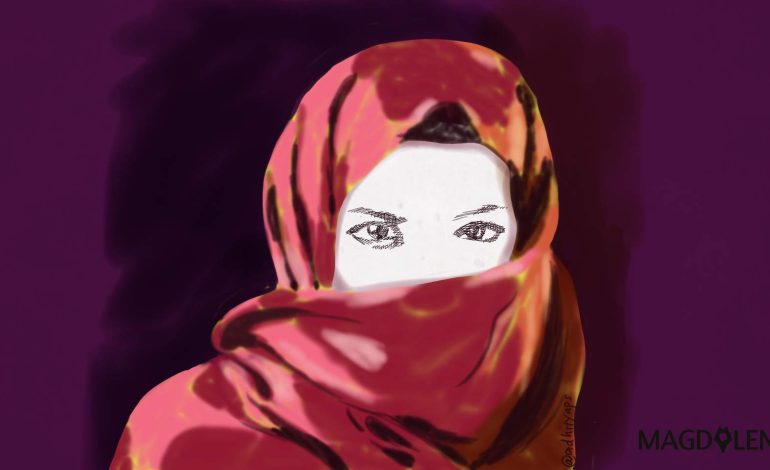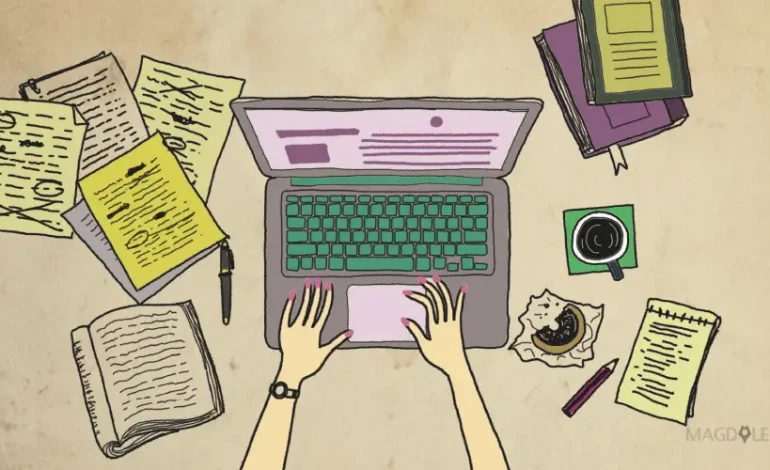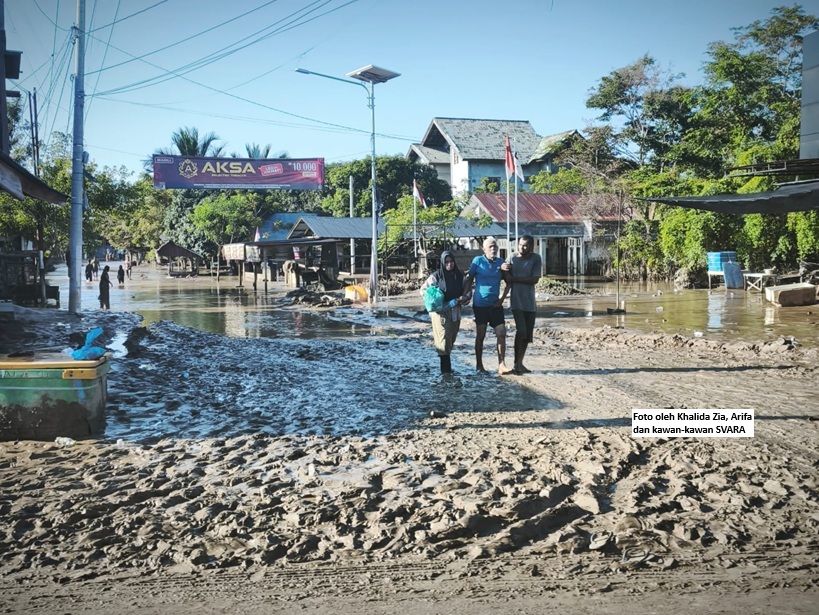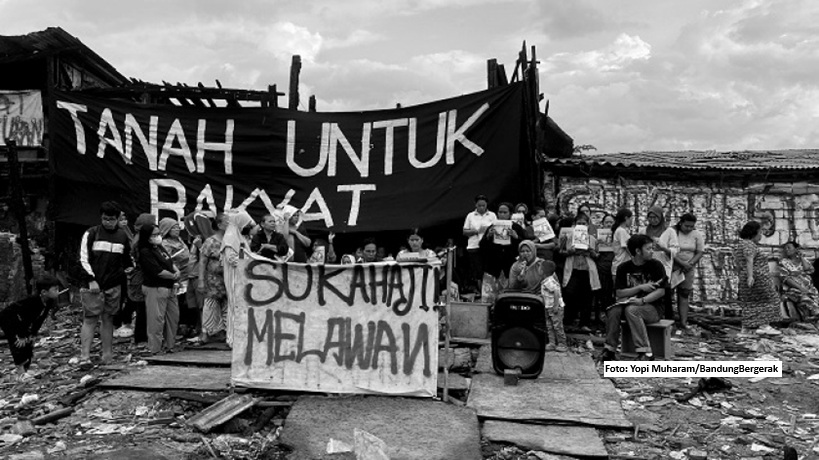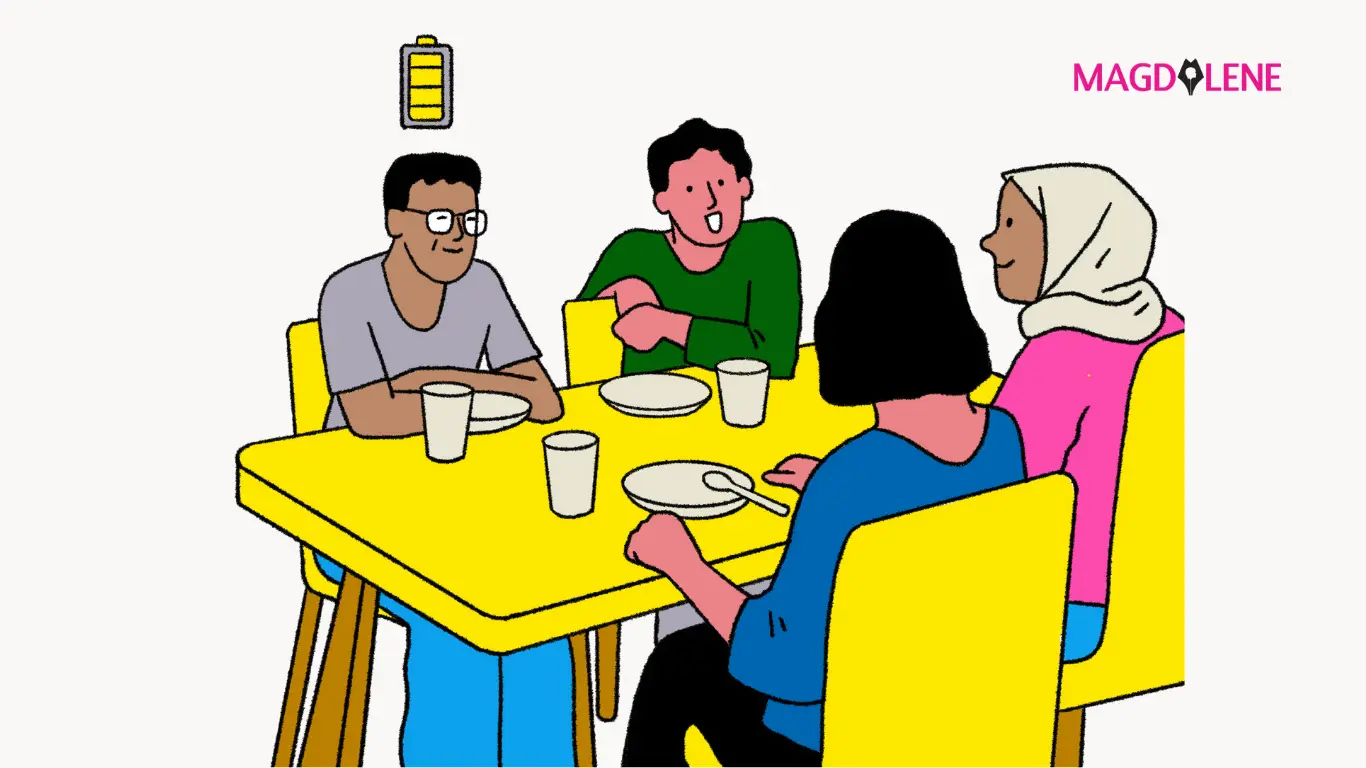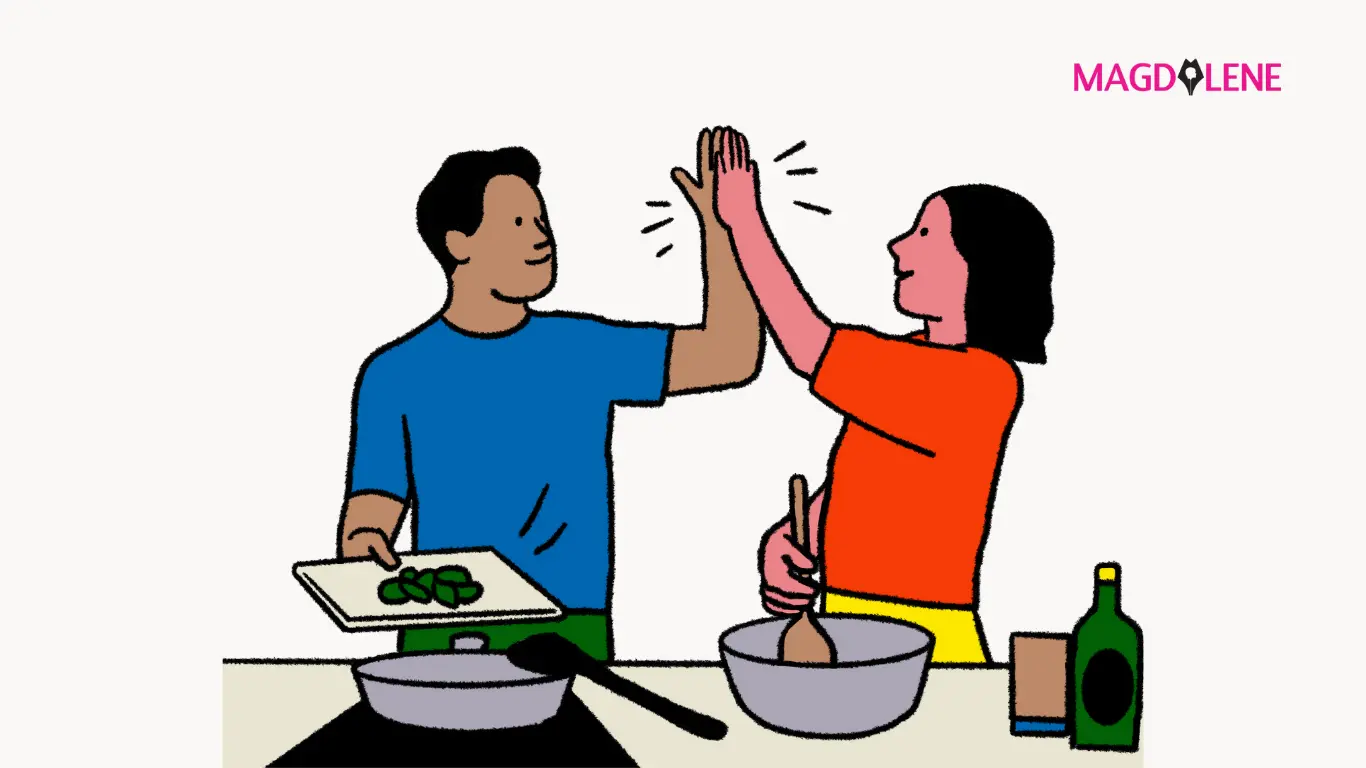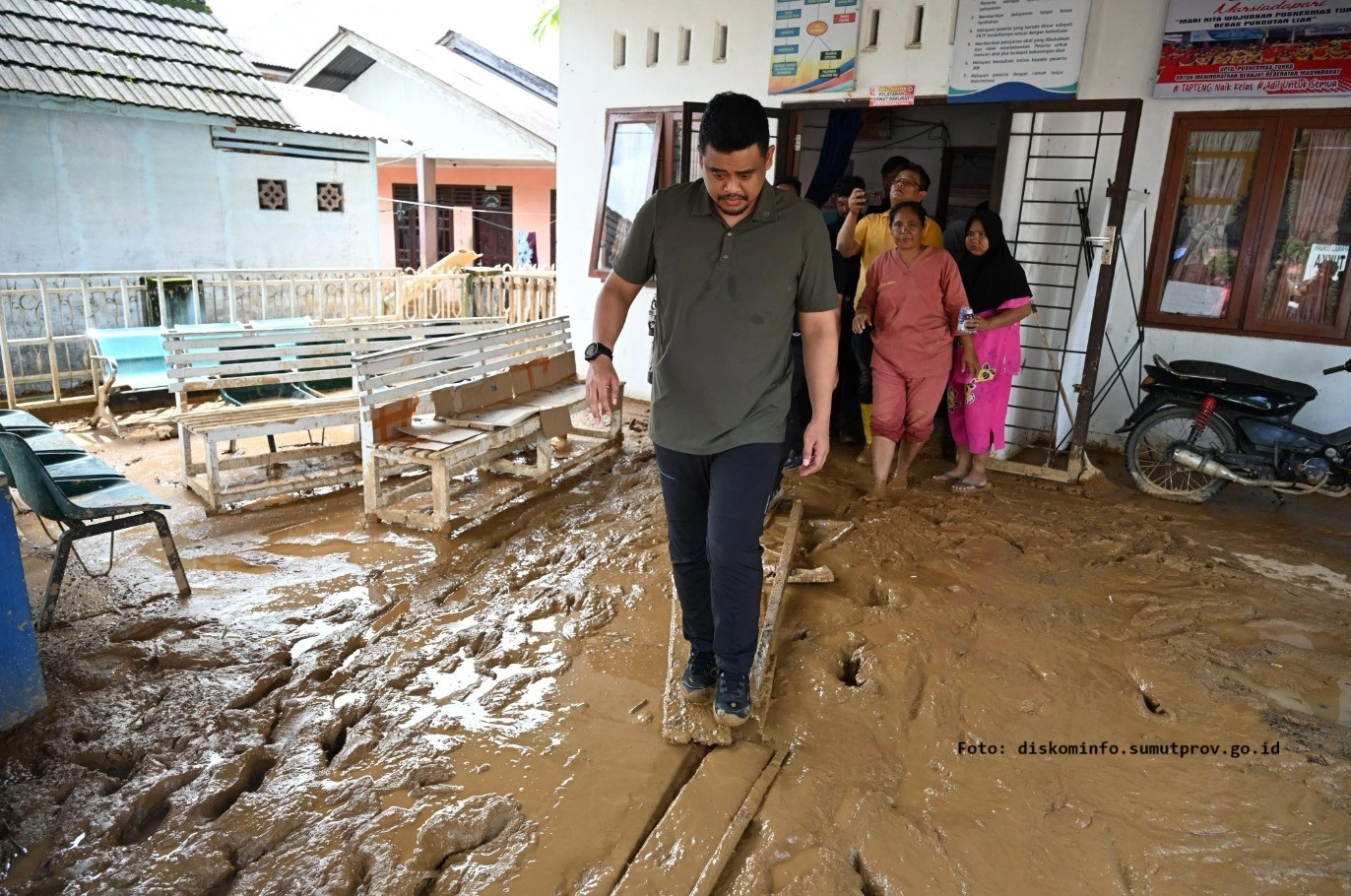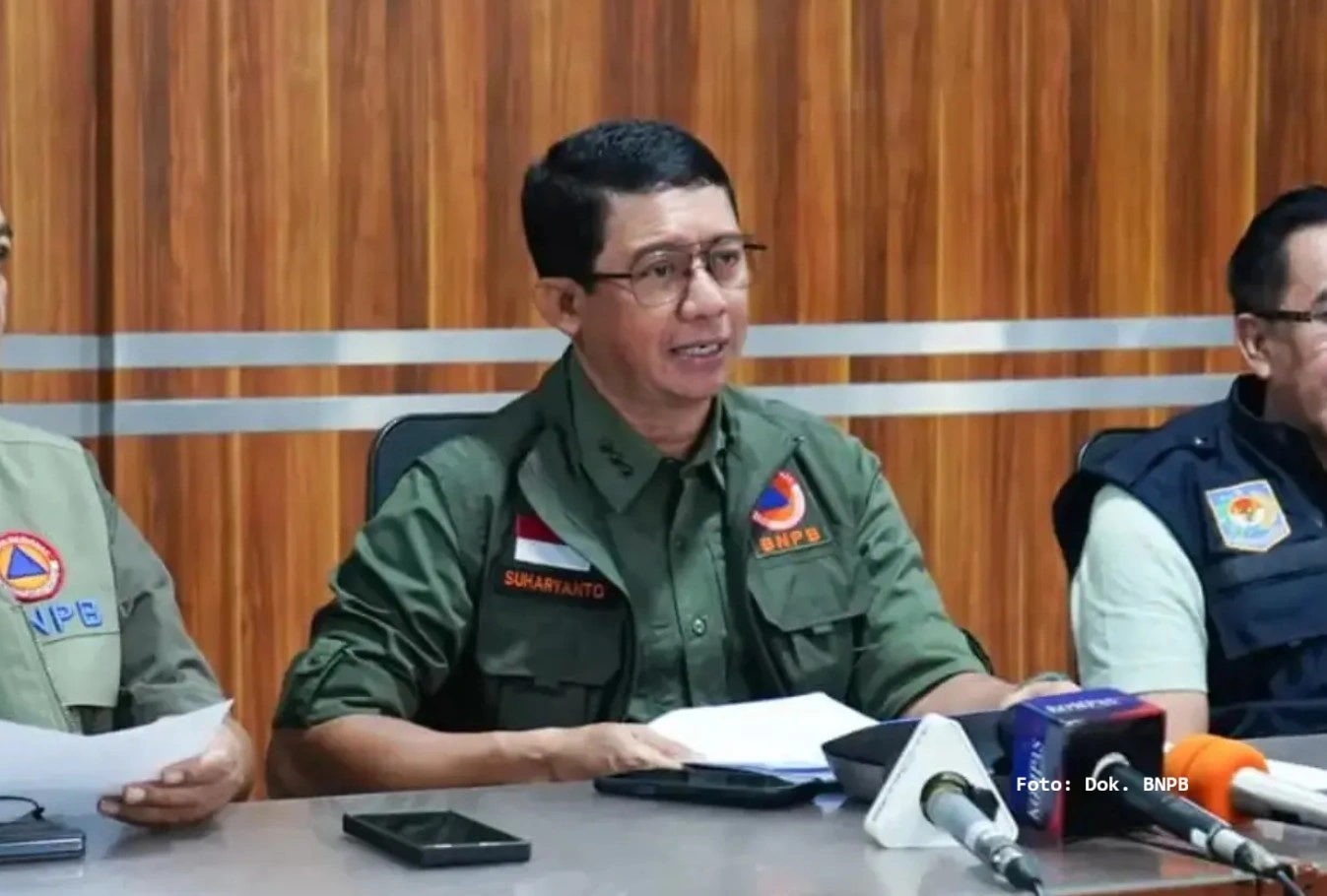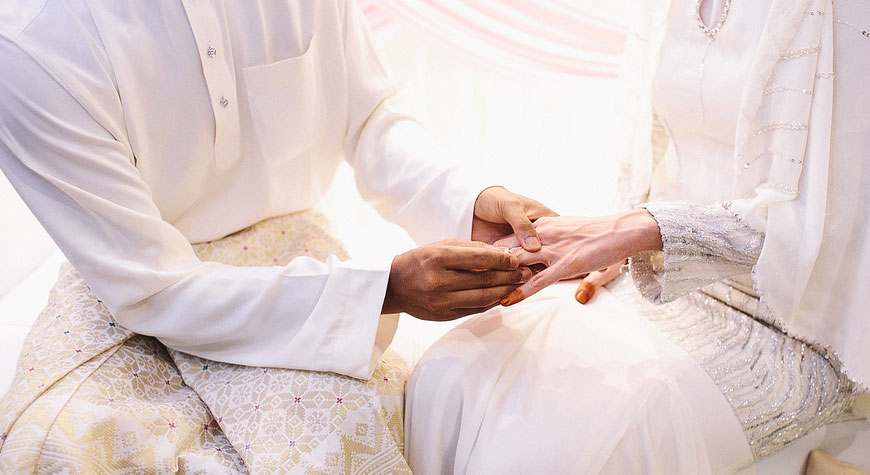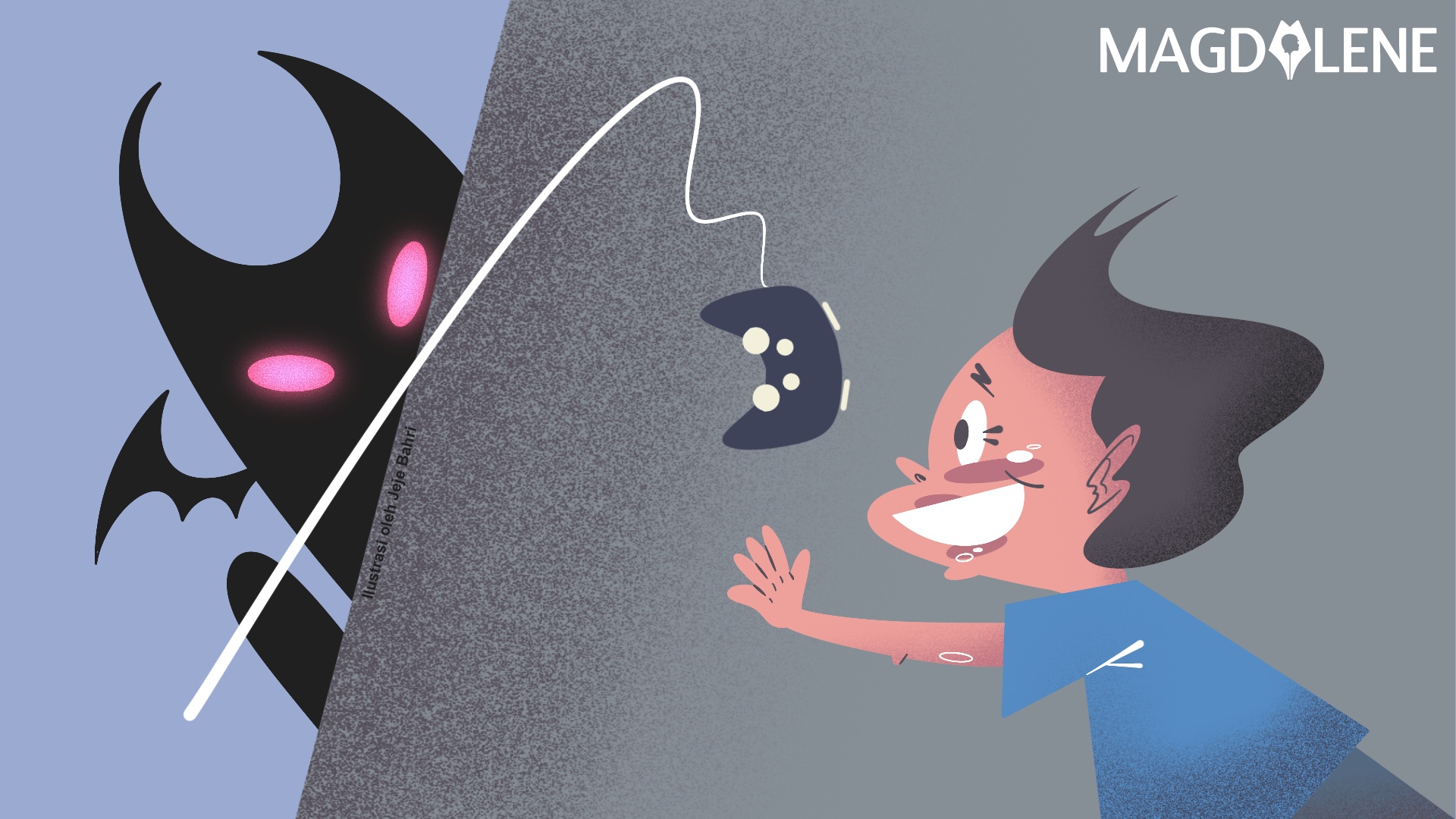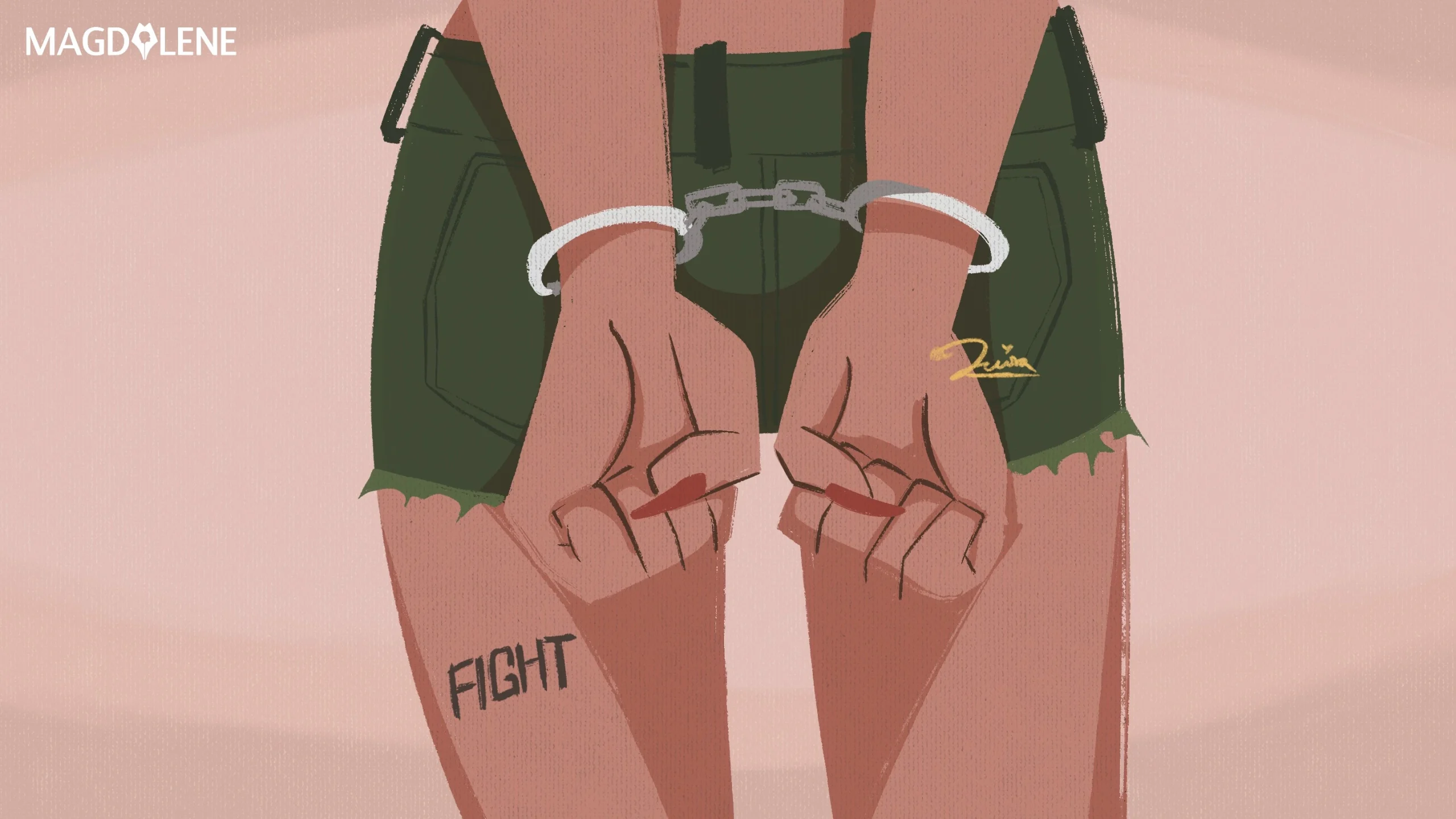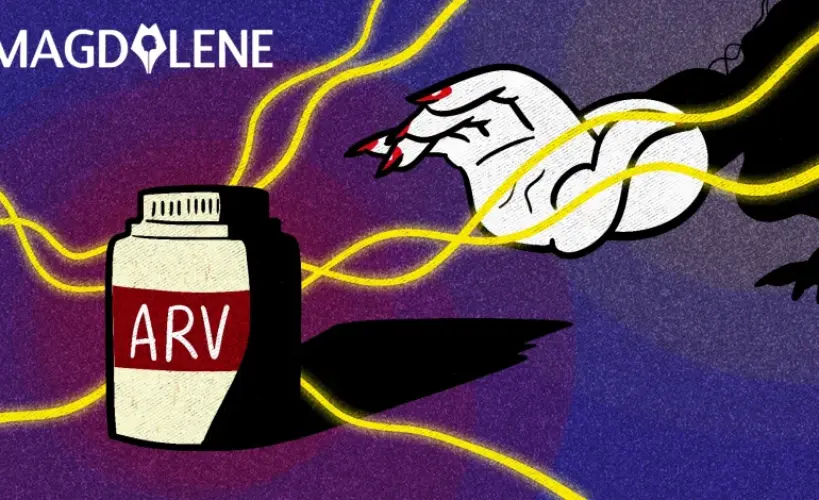Family Pride: No Graduation Picture, But Yes to Wedding Pictures
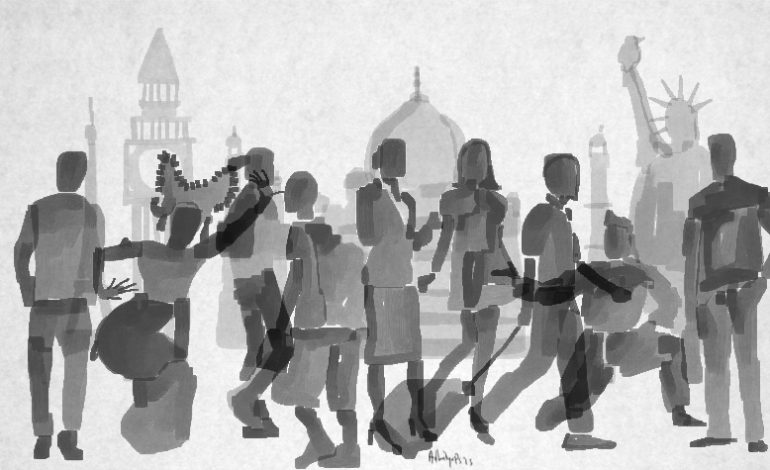
Our old house in a coastal area at the northern tip of Sumatra was a semi-permanent one. The wall was built of plywood on one side and glass on another side, and on the plywood side hung the only decoration in the house, a calligraphy of The Throne Verse (QS. Al-Baqarah: 255).
After losing our home in the 2004 Indian Ocean Earthquake, we had to live in a three-floored shop house. My mom and my elder brother moved in in December 2005. I joined her in “our new house” in June 2006, after finishing my undergraduate in a private university in Yogyakarta and deciding to work in Banda Aceh.
Mom has decorated the ground floor, now that the brick wall could hold as many decorations as possible to make our living room more attractive. She covered it with many photos. On the wall, she hung wedding picture of my two elder siblings and the engagement of my elder sister, along with a picture of her with my father. On the top of the cupboard, she put pictures of her four grandchildren in beautiful frames. She was also in some of the pictures, celebrating her moment being a proud grandmother.
In May 2009, I received a scholarship to pursue my master’s degree abroad. When I bid farewell to my hometown in January 2012, my pictures were still none to be found in the living room.
A few years later, after partially overcoming my trauma from the 2004 Indian Ocean Earthquake, I decided to create my graduation pictures. I made the arrangement with my best friend, a professional photographer that I enjoyed working with. I deliberately chose to take the photo shots on my birthday, again, after years of not celebrating due to the trauma from the Boxing Day Tsunami, a baby step to overcome the trauma.
Also read: Washed Away, Rescued, Kidnapped and Struggling: A Tsunami Survivor’s Life
I absolutely enjoyed the photo shots and we narrowed down to 15 selected pictures, one of which to be developed into a frame of 30 x 40 inches. I looked at the pictures and realized that I had achieved a lot! I was in my fifth semester when the disaster hit home. I was suicidal for 1.5 years. Every day I had to fight myself to wake up from bed. I begged God to give me the power to hold on to life just for that day. I repeated the same plea every morning until I graduated in March 2006.
On top of these was the financial hardship I went through: living on donations from kind-hearted people and a scholarship from the university because none of my relatives and families had extended their hands to help. On commencement day, my name was called as one of the best graduates—I graduated with cum laude, GPA 3.82. I was also the fastest graduate in the department of Political Science by completing my study in three years and five months.
I was ranked as the first in the panel of 18 candidates out of 134 total applicants for Fulbright Tsunami Relief Initiative Program’s fourth batch. That was how I was able to pursue an MA in Political Science from University of Arkansas, Fayetteville from 2009 to 2011. I wrote a thesis on International Criminal Court to be submitted in partial fulfilment of the requirements for the MA degree, even though the program only required a comprehensive exam in addition to taking all the required credits.
The thesis, as of March 2020, obtained 180 downloads. When I walked in for my Master’s commencement, I was awarded with Graduating Student Leader Medal by the Centre for Leadership and Community Engagement. The recipients of the award were allowed to wear the medal on top of our regalia, making us graduates of distinction.
Also read: How the Tsunami Brought Me Home to Rebuild It
Now I hang my Master’s graduation picture in my own place, a tiny one bedroom rented place in Central Jakarta. To my mother, my existence would always be banished from the memorabilia in our living room, as long as I have yet to arrive before her eyes in a wedding picture. To me, it is a freedom worth celebrated as it took my family three generations to stop child marriage.
My grandmother was born in 1930. She was 15 when she got married, having only completed junior high school. Later, she gave birth to 13 kids and suffered from four miscarriages. My mother was born in 1958. She got married at 17, having only completed senior high school. And she gave birth to six kids. I was born in 1983. I have a master’s degree, and I am single with no kids.
And it was thanks to my father who declared that, “Every kid in our family could only get married after she or he had finished undergraduate studies.” Following Indonesia’ rule of compulsory 12-year education, we would have been around 22 years old by the time we graduate from the university.
Furthermore, I am the only granddaughter out of 16 who has a Master’s degree (my grandmother has 29 grandchildren and out of 13 grandson, only one has obtained a Master’s degree). My achievement could not be tallied with my cousin as he went to graduate school with his parents money, a luxury that not so many of us could afford, while I had to put double efforts to win the scholarship.

